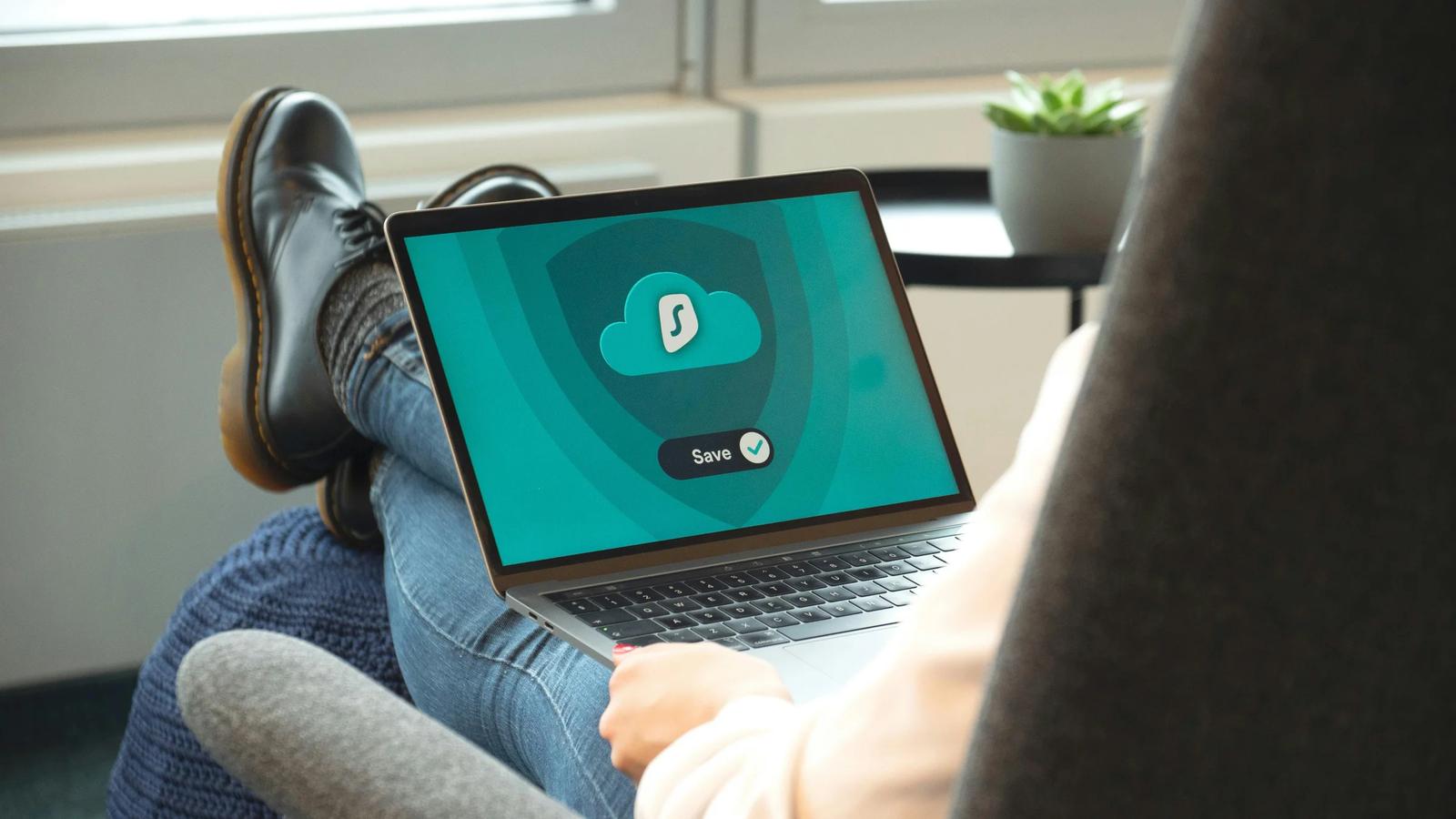We all know that a VPN helps protect personal data and bypass restrictions. But one key question remains: how do you choose a reliable VPN service without falling for marketing tricks – or worse, handing your data over to scammers? Let’s break it down step by step.

1. Privacy Policy and No-Logs Policy
A trustworthy VPN does not keep logs of your activity. This means the service doesn’t record which websites you visit, your IP address, or what you download.
What to look for:
- The provider should clearly state a “no-logs policy.”
- Bonus points if the company has undergone independent audits confirming this claim.
2. Speed and Connection Stability
A poor VPN can significantly slow down your internet. A reliable provider offers dozens or even hundreds of servers worldwide, reducing congestion and boosting speed.
Check for:
- Are there servers in the countries you need?
- Does the VPN support high-speed protocols like WireGuard or OpenVPN?
- Are there any data limits or bandwidth restrictions?
3. Transparent Jurisdiction
Where is the VPN provider based? If it’s registered in a country that is part of data-sharing alliances (like Five Eyes, Nine Eyes, etc.), that could be a red flag.
We recommend choosing a VPN based in a jurisdiction outside countries where authorities can legally demand user data.
4. Simple and Secure App
A good VPN should offer a user-friendly app for all major platforms – Windows, macOS, iOS, Android – and ideally also for routers or Smart TVs.
Look for features like:
- Kill Switch (automatically cuts internet if the VPN connection drops)
- Auto-connect on untrusted networks
- Split tunneling to route only part of your traffic through the VPN, if needed
5. Reviews and Reputation
Check independent reviews and user feedback on platforms like Reddit, Trustpilot, and YouTube. Be cautious of VPN services that are heavily advertised but have a poor reputation among actual users.
6. Price and Trial Period
Free VPNs almost always come with compromises – whether in security, speed, or privacy. It’s better to choose a paid service with a solid reputation and:
- A free trial or money-back guarantee
- Reasonable pricing (annual plans are often more cost-effective)
- The option to pay anonymously (e.g., with cryptocurrency)
7. Additional Features
Some VPNs offer extra tools that can significantly improve your experience:
- Ad and tracker blocking
- Access to streaming platforms (Netflix, Hulu, etc.)
- Multi-hop (double encryption via two servers)
- Obfuscation (hides the fact you’re using a VPN – important in countries with censorship)

Trusted VPN Services: Our Picks
NordVPN
One of the most popular VPNs in the world.
- Strict no-logs policy
- Jurisdiction: Panama
- High-speed performance with over 5000 servers
- Supports WireGuard (NordLynx protocol)
- Excellent for streaming and torrenting
Surfshark
Affordable yet powerful – great for families or multiple devices.
- Unlimited device connections
- Jurisdiction: Netherlands Antilles
- Strong features: Kill Switch, split tunneling, CleanWeb
- Frequent updates, reliable access to Netflix and other streaming services
Summary
A reliable VPN is not just a “program to change your IP,” but a tool for your digital security. Don’t be fooled by flashy ads – pay attention to technical specs, jurisdiction, reputation, and privacy policy. Remember: a good VPN shouldn’t be free, but it should be trustworthy.
